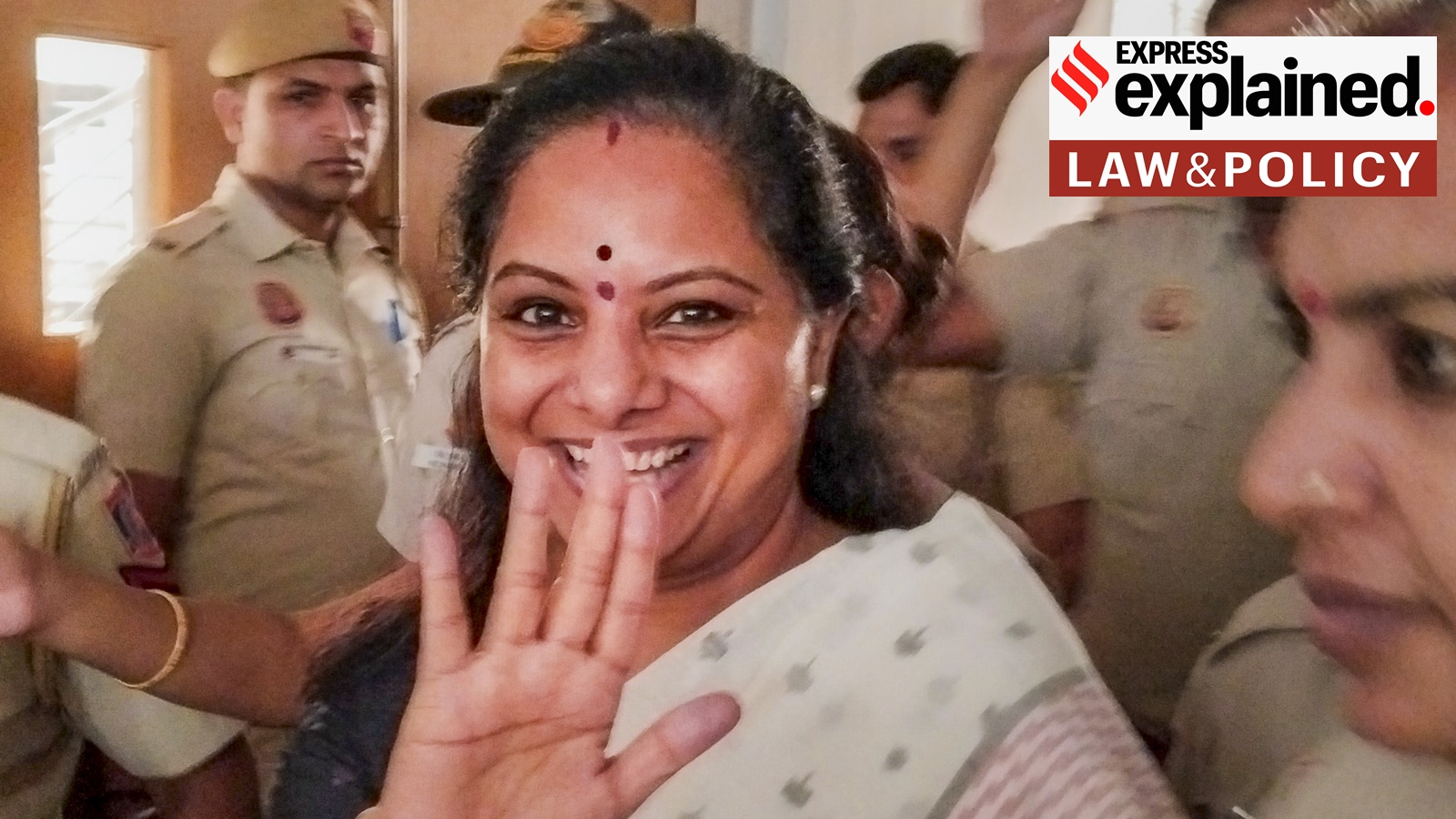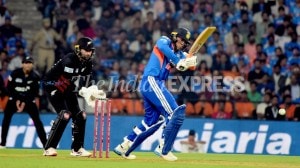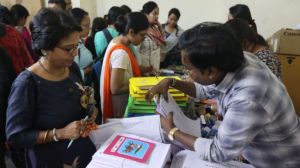The Supreme Court on Tuesday (August 27) granted bail to Bharat Rashtra Samithi (BRS) leader K Kavitha in the Central Bureau of Investigation (CBI) and Enforcement Directorate (ED) cases against her in the Delhi Excise policy case.
The SC bench reportedly stated “If this Delhi HC order is allowed to become law, this perverse observations would mean no educated woman can get bail”, according to Bar & Bench.
What does the law state? And why did the Delhi HC refuse to apply the exception for women?
Law and exception
Section 45 of the PMLA provides for bail on money laundering charges. This provision in the law, like the stringent bail standard in the Unlawful Activities (Prevention) Act, 1967 (UAPA), puts the onus on the accused to prove that there is no prima facie case against them while seeking bail.
Section 45(1) reads: “No person accused of an offence under this Act shall be released on bail or on his own bond unless (i) the Public Prosecutor has been given an opportunity to oppose the application for such release; and (ii) where the Public Prosecutor opposes the application, the Court is satisfied that there are reasonable grounds for believing that he is not guilty of such offence and that he is not likely to commit any offence while on bail.”
Story continues below this ad
However, there is a crucial exception to the bail standard. “Provided that a person, who is under the age of sixteen years or is a woman or is sick or infirm, may be released on bail, if the Special Court so directs,” the law says. This exception is similar to exemptions under the Indian Penal Code for women and minors.
What is the legal precedent?
In 2023, Delhi High Court granted bail to 49-year-old Preeti Chandra, wife of Sanjay Chandra, who was the Director of M/s Unitech Group, underlining the exception for women.
The ED, like in Kavitha’s case, had made an argument that the accused was not a “household lady”. However, the HC said that the PMLA or the Constitution does not make a distinction between a household lady, a businesswoman, or a political figure.
“Thus to argue what kind of woman is entitled to fall within the proviso to section 45(1) PMLA by creating an ad-hoc illusionary sub-classification of educated women, business women, women belonging to high social strata, within the broader classification of “woman”, as sought to be done by the respondent, is misconceived,” the court said.
Story continues below this ad
However, the court added a qualifier that the accused cannot be a “flight risk” or “tamper witnesses” to be eligible for bail. (Preeti Chandra vs Directorate of Enforcement, June 14, 2023)
The case of Kavitha
Kavitha’s lawyers had relied on the Delhi HC ruling and argued that his client was entitled to interim bail.
Judge Baweja had observed that Kavitha is “well-educated” and a “well-placed woman in the society”, and could not be considered a “vulnerable” woman for the purposes of the exception under the PMLA.
The judge relied on the qualifiers mentioned in the Preeti Chandra case — the three conditions when bail can be denied to women even when Section 45 itself provides for it. The “triple test” requires the accused to not be a flight risk, likely to tamper with evidence, or likely to influence witnesses.
Story continues below this ad
Baweja observed that according to the material before the court, Kavitha “not only engaged in destruction of material evidence by formatting her phones before joining the investigation”, but also “has been instrumental in influencing witnesses and there is every likelihood of her continuing to do so” if she is granted bail.








































